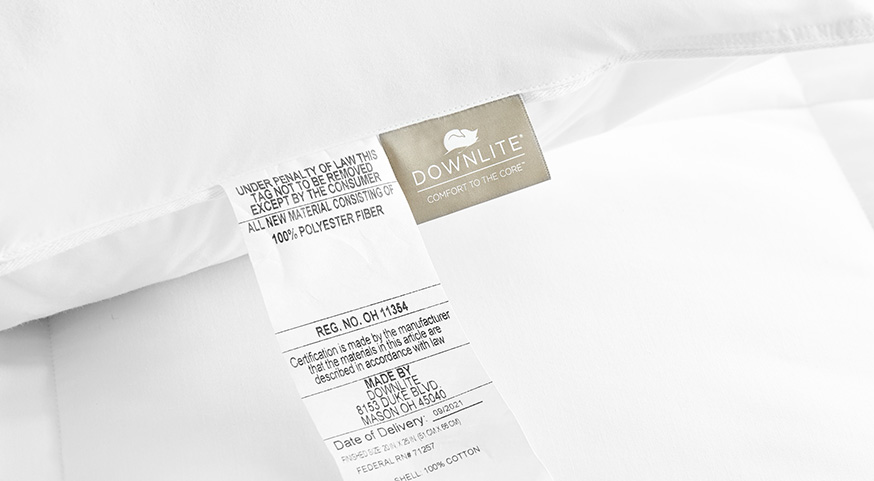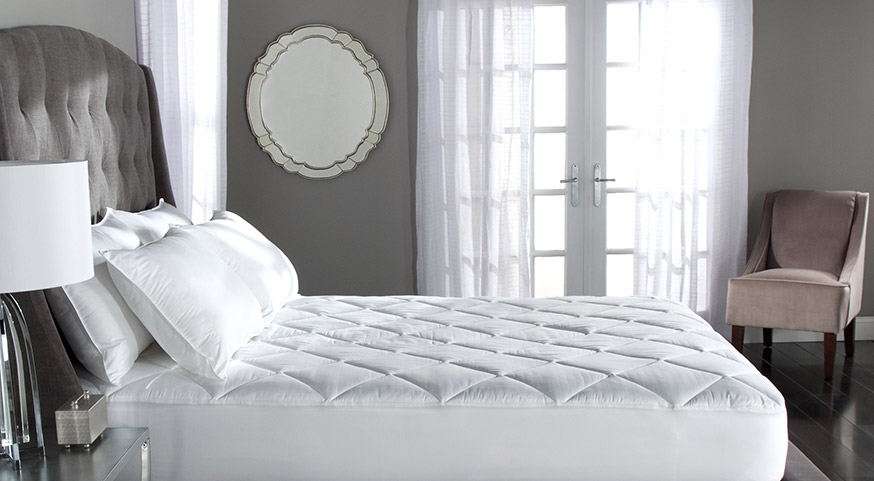Posted by Julie Carter on Jun 23, 2023
Naps: Recharge, Refresh, and Boost Your Productivity
Naps. One of the many things you fought as a child only to wish they could be part of your daily routine as an adult. And why can't they be? Our guess is the cultural and societal pressure to work harder and longer with every passing year. But in an era where self-care is all the rage, let's examine how incorporating a nap may benefit you physically, mentally, and emotionally.
History of Napping
Napping is not a new concept; it has been practiced for centuries. The ancient Romans and Greeks took a daily "siesta" back between the 8th and 6th century BC. In fact, the term "siesta" actually means the 6th hour, the time of day when everyone took a nap. This tradition spread to various regions, including Spain, Greece, Italy, Costa Rica, and Mexico. The siesta was put in place to give farmers and day laborers a break from the heat. Even as climate and work patterns changed, the tradition of napping has persisted.
Science of Napping
The need for sleep is deeply ingrained in our biology, and napping is a natural response to our body's signals. Ever experienced that mid-afternoon slump when you're craving coffee and can't seem to focus on anything? It's not a lack of willpower; it's a biological response to our circadian rhythm. Research has shown that our brain's alertness and cognitive abilities naturally decline during this time. As a result, everyday tasks become harder and even more dangerous, as evidenced by studies on car crashes, mistakes by surgeons and healthcare workers, and harsher sentencing by judges.
Benefits of Naps
Napping offers a range of benefits that can positively impact your daily life. Scientists have found that people who take a quick nap after lunch experience improvements in memory, logical reasoning, and the ability to complete complex tasks. Essentially, by giving your brain a short period of rest, you enhance its functionality for the second half of the day. These benefits extend beyond immediate cognitive improvements and can lead to long-term brain and physical health.
In addition to boosting brain health and job performance, naps positively impact mood and alertness.Taking a short nap can help reduce stress, giving you a refreshed and rejuvenated mindset. You may experience feeling more patient, empathetic, focused, productive, and happy.
Napping is also linked to heart health. Studies have shown that individuals who nap for about 30 minutes daily are 37% less likely to die from heart disease than those who do not. Taking naps 1-2 times per week is associated with a lower risk of cardiovascular problems such as heart attacks, strokes, and heart disease. Additionally, naps can relieve stress and support the immune system, reducing the likelihood of developing other illnesses.
To summarize, napping offers various health benefits and may:
- Boost memory
- Enhance job performance
- Improve mood
- Increase energy/alertness
- Reduce stress
- Protect the heart
- Lower blood pressure
- Enhance creativity
Tips for Daytime Napping
To make the most of your daytime nap, consider the following tips:
- Keep naps short: Optimal nap duration is 20-30 minutes to avoid falling into a deep sleep cycle and experiencing grogginess upon waking.
- Timing matters: Plan your nap between 12-3 pm, the ideal time to combat the post-lunch dip. Ensure your nap doesn't interfere with your nighttime sleep schedule by taking it at least 8 hours before your planned bedtime.
- Create an ideal sleep environment: Find a quiet, dark, and cool place to nap. If you work from home, retreat to your bedroom and create a relaxing atmosphere by pulling the shades and using comfortable bedding. For office workers, consider bringing a pillow, a light blanket, and a sleep mask to create your mini-nap oasis. Choose pillows suited to your sleeping position and consider making your bed more comfortable with a mattress pad. According to the World Economic Forum and the World Sleep Society, “using comfortable and inviting bedding” is one of the top ten tips for getting better sleep.
- Relaxation techniques: It may be hard to calm your mind midday, even if your brain and body are shutting down. Spend a few minutes journaling, practicing deep breathing, or even holding a yoga pose. You can also enhance your nap environment with a sound machine or peaceful music. Platforms like Spotify offer a variety of playlists specifically designed for relaxation, such as "evening meditation" or "relaxing spa music."
- Set a routine: Consistency is key when it comes to napping. Choose the same time every day to establish a regular nap schedule. By training your body to expect a nap at a certain time, you'll find it easier to fall asleep and reap the benefits of this rejuvenating practice.
- Be patient and persistent: Napping is a skill that may take time to develop. It's normal if you don't immediately fall asleep during your initial attempts. Lift the pressure of actually falling asleep and focus on the act of relaxation and rest. Even taking a mental break and giving your mind a chance to recharge can be beneficial. Remember to set your 30-minute timer to ensure you don't oversleep!
In a world that prioritizes productivity over well-being, embracing the power nap can profoundly impact your health, mental clarity, and efficiency. So, we challenge you to adopt the time-honored practice: find a cozy spot, set that timer, and attempt an afternoon rest at least a few days a week. Remember to grab your favorite pillows and blankets to create a peaceful scene. If you need help selecting nap-time items, our customer service reps would love to help you out! Get ready to recharge your body, enhance brain function, and optimize your overall well-being.
Photo by Ekaterina Bolovtsova











